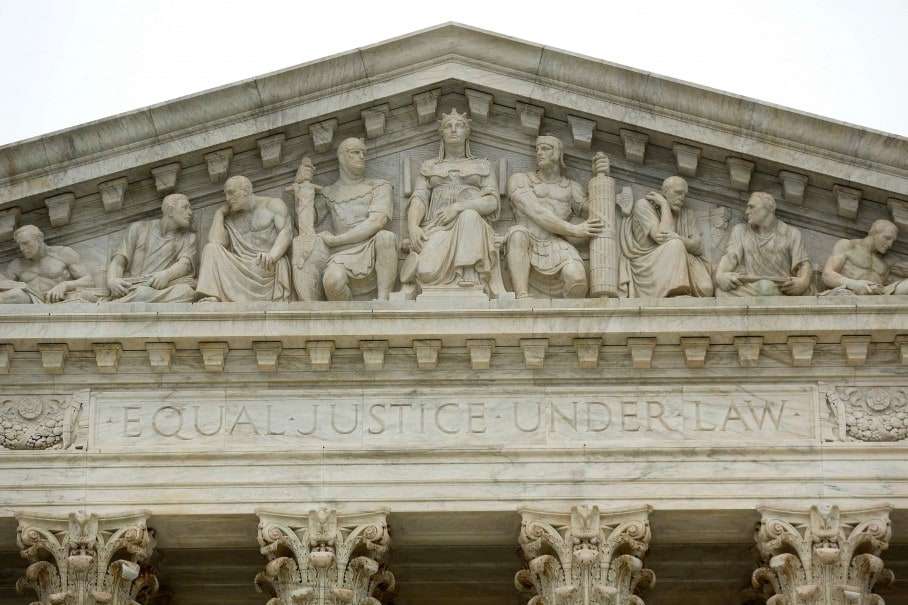The Volokh Conspiracy
Mostly law professors | Sometimes contrarian | Often libertarian | Always independent
The federalism dog that didn't bark - Court's ruling in King v. Burwell avoids relying on dubious federalism arguments

There is much to be said both for and against today's Supreme Court decision in King v. Burwell, which ruled that Affordable Care Act subsidies for health insurance are available in states with federal insurance exchanges, as well as state ones. But, as a federalism scholar, I am very happy that the Court's decision was not based on the extremely dubious federalism arguments developed by some of the supporters of the federal government's position. Indeed, the term "federalism" does not appear even once in either the majority or dissenting opinions, which in this case is a good thing. Sometimes, the world is better off when a dangerous dog chooses to lie still instead of barking.
Defenders of the Obama administration position in the case claimed that denying subsidies to residents of states that did not set up their own exchanges would unconstitutionally coerce state governments, and also that the administration's reading of the statute must be accepted in order to enforce the canon disfavoring interpretations of federal laws that upset the "usual balance" between the state and federal governments. The fundamental flaw in these defenses of the administration's position is that they sought to use doctrines whose purpose is to limit federal intrusion into areas of state authority as a tool to justify the expansion of federal power. Had the Court accepted either argument, it would have set a dangerous precedent for future federalism jurisprudence. Although the majority concluded that the subsidy provisions of the ACA are "ambiguous," it chose to resolve the ambiguity without relying on federalism theories. I analyzed the federalism arguments in King v. Burwell in greater detail here (my initial critique), here (my response to Rick Hills), and here (my response to Abigail Moncrieff).
Although it avoided reliance on dubious federalism arguments, the majority's decision is very much open to criticism on other grounds. There is considerable force in Justice Antonin Scalia's dissent, which points out that "[w]ords no longer have meaning if an Exchange that is not established by a State is 'established by the State.'" Today may not be a good day for the Court's statutory interpretation jurisprudence. But it is a good day for the Court's federalism jurisprudence - at least in the sense that the justices did not make it any worse.


Show Comments (0)